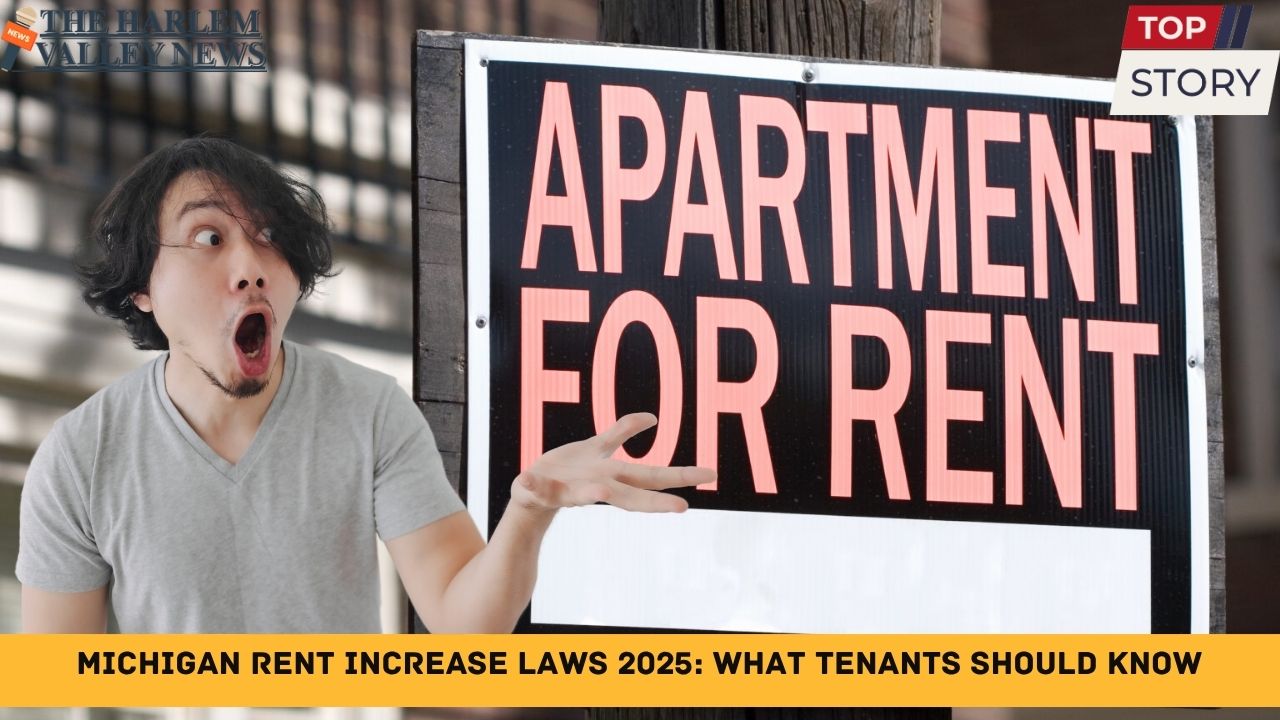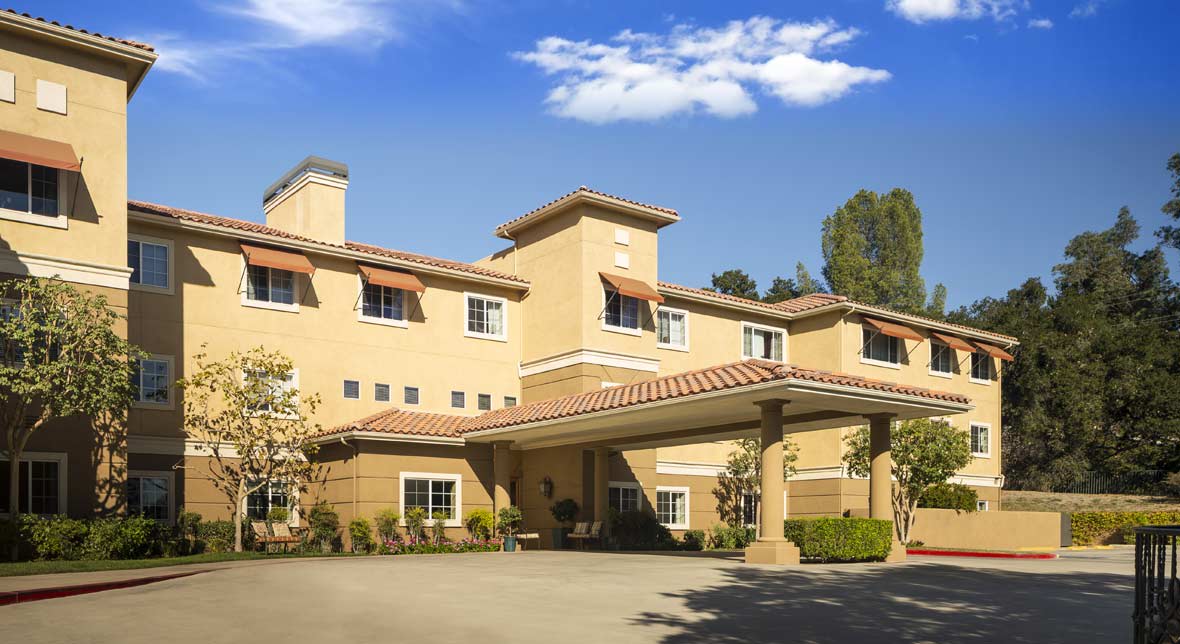Michigan has long been considered one of the more affordable states for renters, drawing new residents to cities like Detroit, Grand Rapids, Ann Arbor, Flint, Lansing, Muskegon, and Saginaw. In 2025, the state’s laws continue to shape the relationship between landlords and tenants, particularly in matters of rent increases. As housing costs climb in Michigan’s urban areas and rental inventory tightens in college towns and growing suburbs, staying informed about your rights and the laws regulating rent increases is essential for anyone leasing a property.
Statewide Ban on Rent Control: The Foundation of Michigan’s Policy
Michigan’s approach to rent increases is rooted in a statewide ban on rent control. Since 1988, Michigan law has prohibited cities, counties, and municipalities from enacting rent caps or stabilization ordinances. That means whether you rent a studio in downtown Detroit or a duplex in Kalamazoo, there are no state-imposed limits on how much your landlord can raise the rent when your lease ends or you switch to a month-to-month agreement. This framework applies to all forms of residential rentals, from apartments and condos to mobile homes.
The repeal of local rent control was designed to let market forces dictate rental pricing. For some cities, this has contributed to rapid increases—especially in communities experiencing population growth and new investment. Advocacy organizations have been calling for new forms of rent regulation, and recent legislative attempts have sought to empower local governments to address housing affordability. Nevertheless, current law still forbids local rent control ordinances in Michigan.
How Much Can Rent Increase in Michigan?
Rent increases in Michigan are largely unconstrained by law, unlike in states such as California or New York, where annual percentage caps are common. Landlords may legally raise rent by any amount they see fit, so long as it is not discriminatory, retaliatory, or in violation of the lease agreement. This means if the market in Grand Rapids heats up, tenants may face sharp increases upon renewal.
For example, the average Michigan rent in 2025 hovers around $1,380 per month, with certain cities significantly more affordable than others. Flint remains one of the cheapest rental markets, with monthly rates around $650 for a one-bedroom unit. By comparison, cities such as Ann Arbor and Royal Oak—proximate to major universities and amenities—are experiencing rents upwards of $1,600 for comparable apartments.
It’s important to remember that single-family homes, condos, and mobile homes all fall under this policy. If you’re in a fixed-term lease, your landlord typically cannot raise the rent until the lease expires—unless your contract stipulates otherwise. Upon renewal, the terms—including any rent increase—must be negotiated and agreed upon by both parties.
Lease Type Matters: Fixed-Term vs. Month-to-Month
Your lease agreement is pivotal in determining when and how rent can be increased:
-
Fixed-Term Lease: Most common in larger cities and university towns, fixed-term leases (usually 12 months) lock in your rent for the full contract period. Landlords generally cannot increase rent during the lease term unless the contract explicitly allows it. Only when the lease expires can the landlord propose a new rental amount.
-
Month-to-Month Lease: More common in smaller communities or transitional housing situations, month-to-month leases allow changes at the end of each monthly period. Landlords must provide adequate notice of any increase and tenants are free to end the lease in response.
Notice Requirements for Rent Increases
While there is no cap on the amount of a rent increase, Michigan law requires landlords to provide a written notice before implementing any change in rental amount. The standard minimum is 30 days, but many property managers, especially in cities like Lansing and Ann Arbor, opt to give 60–90 days for increases exceeding 5–10%. This practice enables renters to plan ahead, search for alternatives, or negotiate terms.
For example, a landlord in East Lansing might notify tenants in May of a rent increase to take effect in July, giving college students ample time to decide whether to renew or seek other accommodations before the fall semester.
Recent Legislative Developments in 2025
Recognizing mounting concerns over housing affordability and deteriorating rental properties, Michigan lawmakers have introduced several new bills. The “Tenant Empowerment Package” focuses on:
-
Right to Repair: Tenants can conduct essential repairs themselves and deduct costs from rent if landlords fail to act promptly.
-
Advance Notice on Rent Increases: Proposals are under discussion to extend mandatory notice periods to 90 days for renewal raises.
-
Protection against Source-of-Income Discrimination: Effective April 2, 2025, Michigan landlords with five or more units cannot deny applicants based on how they pay rent, including public assistance, Section 8 vouchers, or other housing support.
-
Return of Security Deposits: New measures may soon allow deposits to be returned electronically, streamlining the process for tenants.
These efforts aim to address Michigan’s housing crisis, with over 600 rental properties in Lansing alone deemed uninhabitable in recent years due to safety violations. Bills also require prompt attention to mold and pest issues, setting repair windows as short as 48 to 72 hours.
Discrimination Protections and Fair Housing
Michigan tenants benefit from state and federal anti-discrimination laws. In 2025, refuse-to-rent actions based on race, color, religion, national origin, sex, gender identity, familial status, disability, or source of rent payment are illegal. If you suspect discrimination while seeking an apartment in places like Muskegon, Saginaw, or Grand Rapids, you can file a complaint with your regional Fair Housing Center or pursue legal assistance.
City-Specific Trends: Where Rent Is Rising Fastest
-
Detroit: The largest city continues to see steady year-over-year increases, with median rents for two-bedroom homes reaching $1,600—up about 3.4% from last year. Renovations and new investment in downtown neighborhoods have lifted overall prices.
-
Ann Arbor: Home to the University of Michigan, rental demand remains high, pushing average one-bedroom rents above $1,600. Affordable units near campus are especially competitive.
-
Flint: Still the cheapest city for renters, Flint’s prices remain well below the state average, offering one-bedroom apartments around $650 per month. However, increases do occur and basic notice rules apply.
-
Lansing: Hundreds of properties have faced code violations, and local activism has spurred city-level initiatives to protect renters. Median rents hover just under $1,000 for one-bedroom apartments.
-
Muskegon, Saginaw, Albion: These cities have witnessed moderate increases, with average rents near $950–$1,000, but still provide relatively affordable housing compared to larger urban areas.
Strategies for Michigan Renters in 2025
Given the lack of statewide rent caps, tenants in Michigan cities should:
-
Review Lease Agreements Thoroughly: Every document spells out terms for rent increases and lease renewal. Negotiate clauses that protect against steep or unjustified raises.
-
Track Market Trends: Stay up-to-date with rental rates in your city—especially before renewals. Sites like RentCafe, ApartmentList, and local realtors offer updated statistics.
-
Document Communications: Always request written notice of any proposed increase and keep records of all correspondence with your landlord.
-
Know Your Legal Protections: If rent is raised for discriminatory or retaliatory reasons, or if a landlord fails to maintain a habitable property, you retain rights to challenge the action. Legal aid offices and Fair Housing Centers operate in Detroit, Ann Arbor, Grand Rapids, Lansing, Muskegon, Flint, and Saginaw.
-
Explore Renters’ Associations: Tenant unions and community groups advocate for fair housing practices, often organizing meetings, information sessions, and group negotiations in college towns and urban centers.
Looking Ahead: The Future of Rent Laws in Michigan
Legislative debates over rent control and tenant protection are likely to continue into 2026 and beyond. Advocates push for new measures designed to tackle Michigan’s housing affordability crisis and to give local governments flexibility to respond to community needs. Still, the strength of landlord lobbies and the current political climate make major changes to statewide rent control unlikely in the near term.
If you plan on renting in Michigan’s cities—whether for a new job, educational opportunity, or relocation for family—staying informed is your best defense against unexpected rent increases. From Detroit’s revitalized neighborhoods to the historic college districts of Lansing and Ann Arbor, each Michigan city has its own rental market realities. Preparing now by learning your rights, understanding the market, and reading the fine print of your lease will help you navigate any changes ahead in 2025.
Recap: Key Takeaways for Michigan Tenants
-
There is no state or local rent cap; landlords can raise rent without amount restrictions.
-
Written notice of at least 30 days is required for all increases.
-
Fixed-term leases protect against mid-term increases; month-to-month offers more flexibility but less stability.
-
Anti-discrimination laws have expanded—source-of-income protections are now in effect statewide.
-
Recent bills seek to standardize longer notice periods and empower tenants to make necessary repairs.
-
Advocacy for local rent control continues but faces political opposition.
Whether you’re new to Michigan or a longtime resident, understanding rent increase laws is vital to securing safe, affordable housing in 2025 and preparing for changes still to come.












Leave a Reply